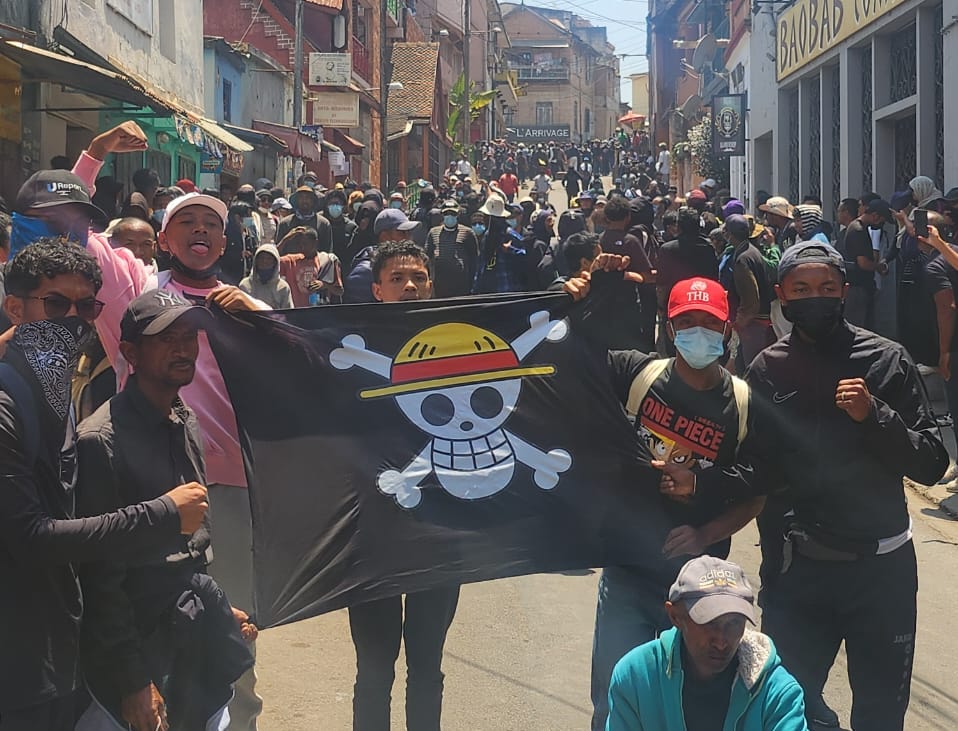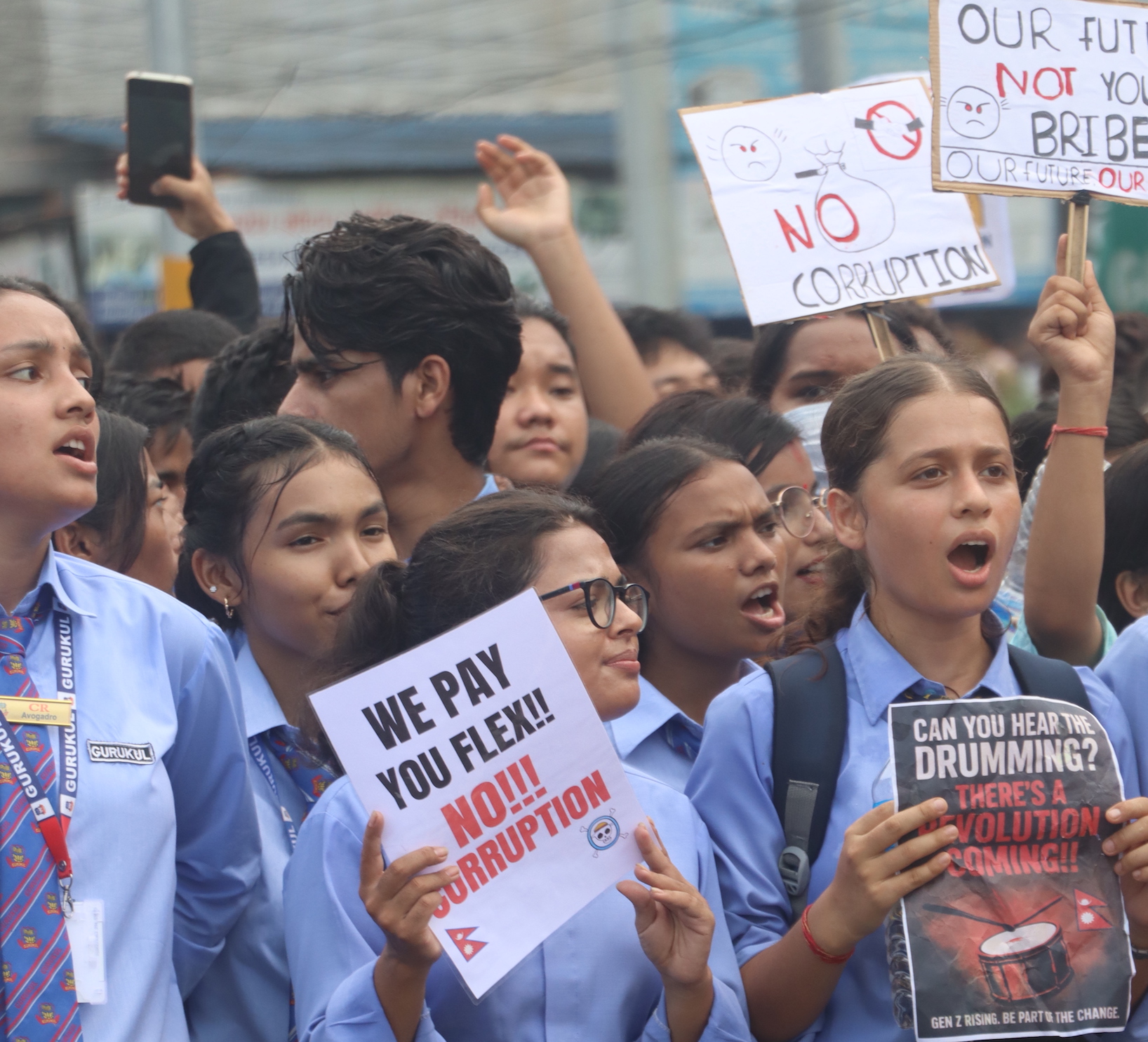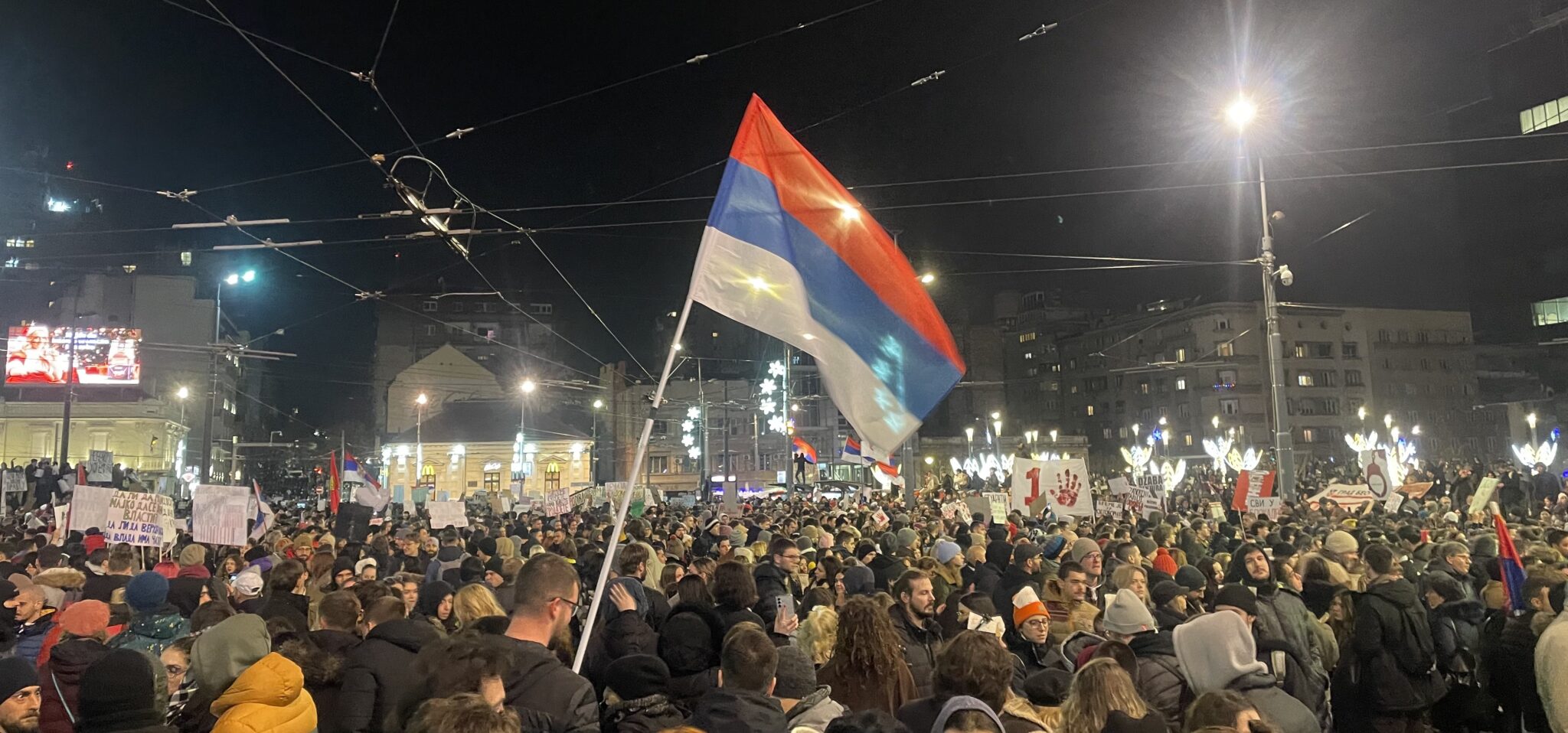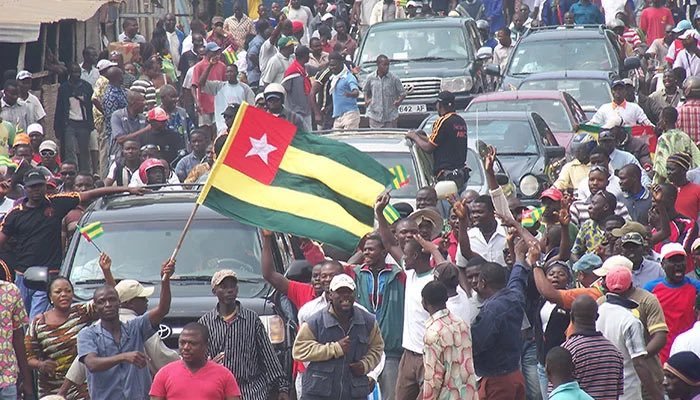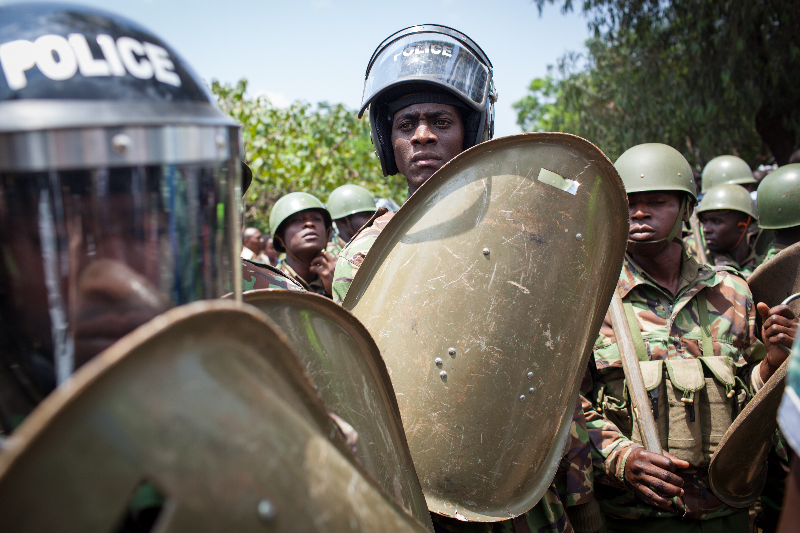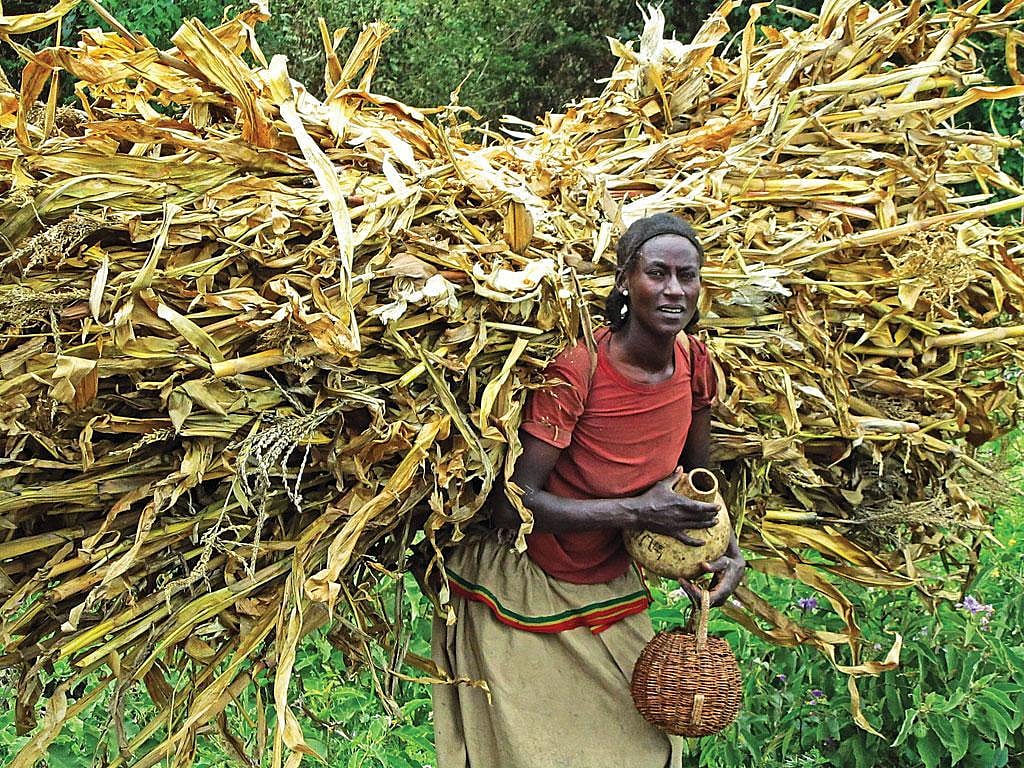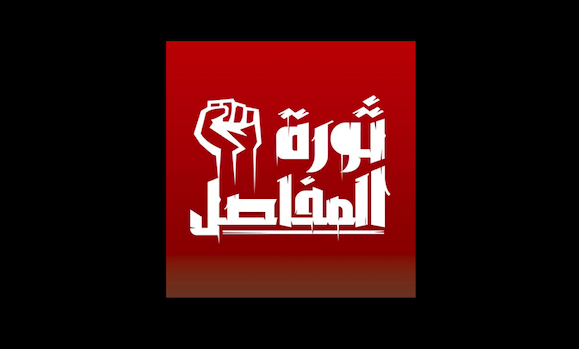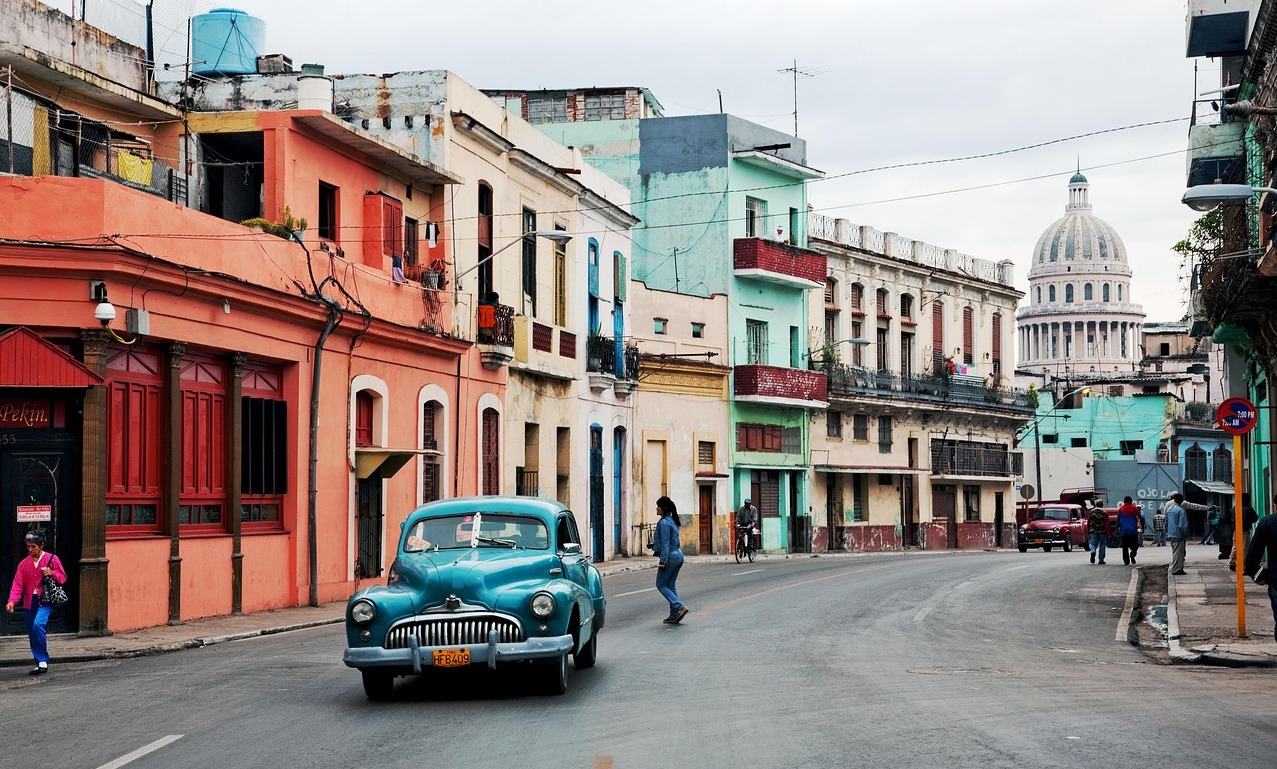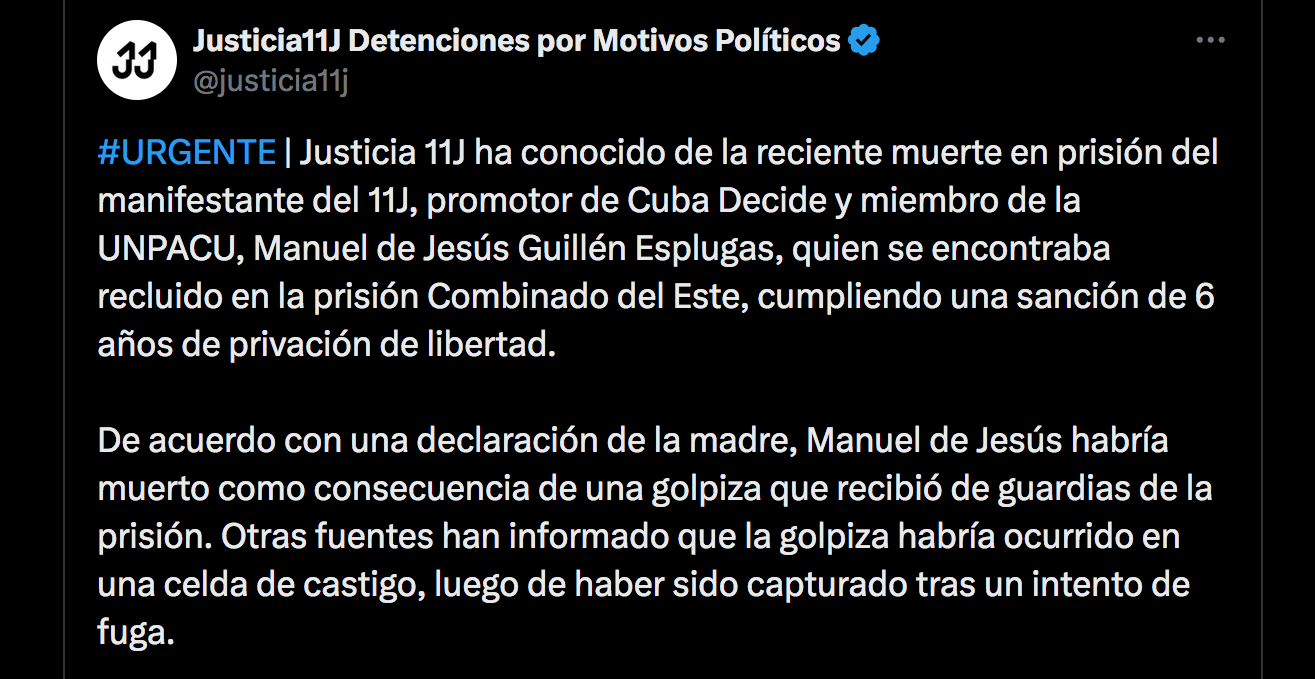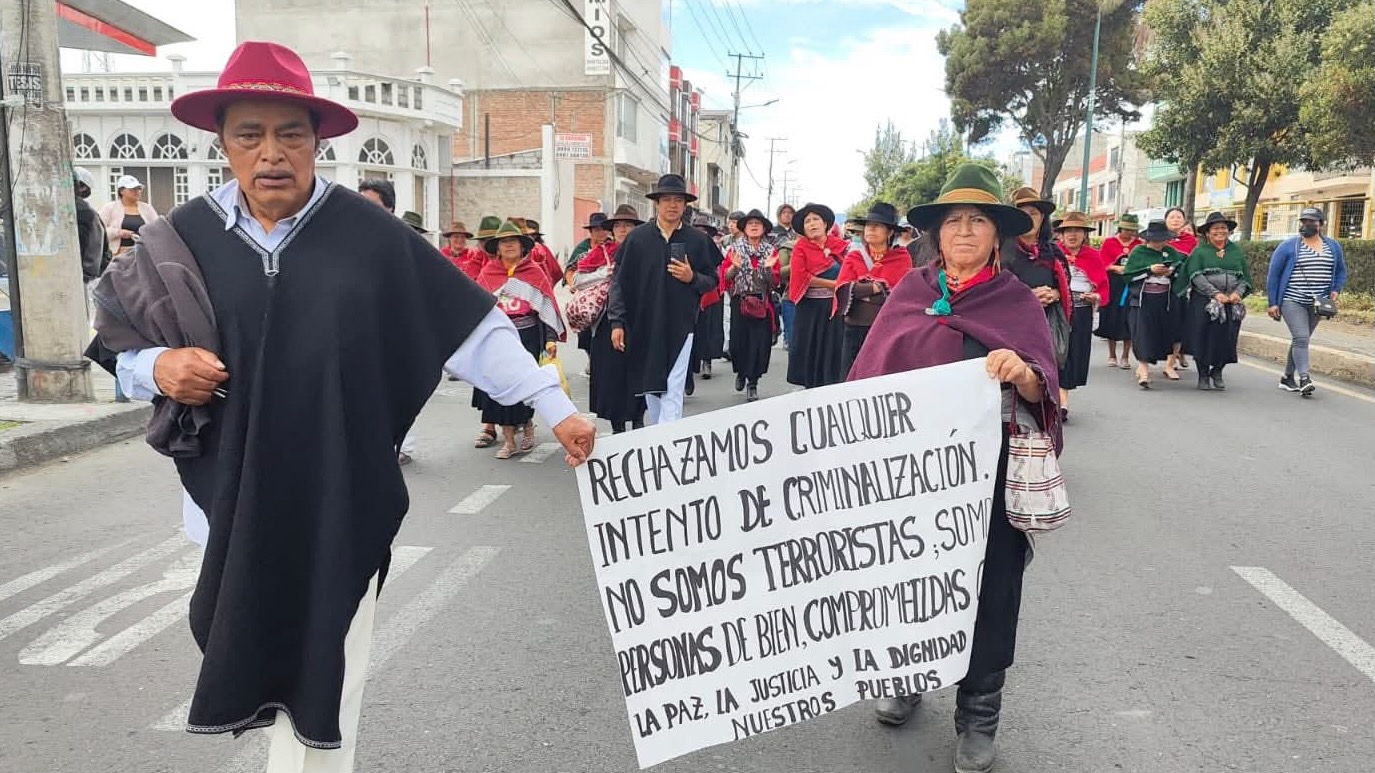
Popular protests turn deadly in Ecuador
Widespread protests in Ecuador, sparked by cuts to fuel subsidies, reached a boiling point, as an indigenous land defender was killed by the armed forces, a government aid convoy was reportedly attacked by protesters, and 12 soldiers went missing. Meanwhile, the government continued to advance its plan to rewrite the constitution—an initiative that has further intensified public anger. Undeterred, the powerful Confederation of Indigenous Nationalities (CONAIE), which initiated the nationwide strike, announced that it would extend the action. (Photo: CONAIE via Peoples Dispatch)



